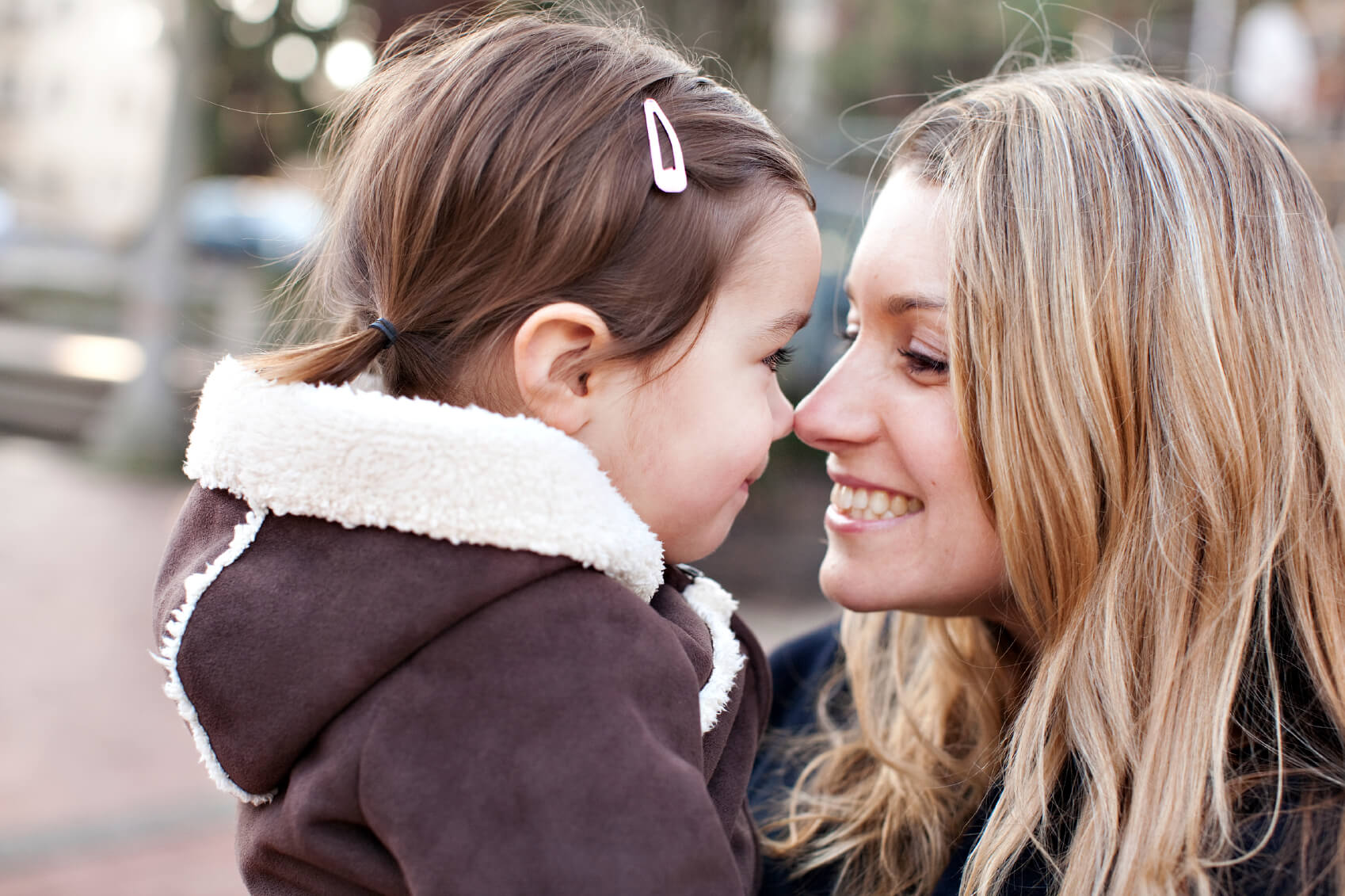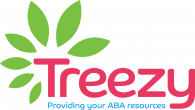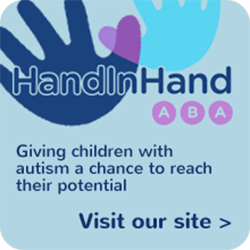
By Debora Thivierge

When my son Jason was diagnosed with autism at twenty months old, I was lucky enough to discover the book “Let Me Hear Your Voice” by Catherine Maurice. Her story became a beacon of hope for me; a light through the early darkness of Jason’s diagnosis. She inspired me and set me on a path to help my son, myself, my family and others on this autism journey.
Hope was a critical component of my family’s survival. The word hope is defined as “the emotional state which promotes the belief in a positive outcome related to events and circumstances in one’s life.” The opposite of hope is despair. I was determined that despair would not define my emotional state, as it would most certainly lead to detrimental outcomes for Jason.
Not only did Dr. Maurice’s personal story give me the hope I needed, but it also gave me scaffolding upon which to build my son’s treatment plan. After reading the book, I realized that there could and would be significant progress if I utilized applied behavior analysis (ABA) as my main course of treatment.
In 2002, my goal as a parent was to educate myself about autism. The more I learned, the more I recognized the need to educate other parents facing the challenges of autism. I decided to start a foundation that would provide information and resources to families and professionals on Long Island focusing on ABA and its efficacy for children with autism.
I decided to name the foundation ELIJA, an acronym for “Empowering Long Island’s Journey through Autism.” ELIJA’s mission is to bring top experts in the field of autism/applied behavior analysis here to Long Island, to give workshops and presentations where they can share their knowledge of current research and treatments, and to help families and professionals advance their skills in implementing ABA programs.
Having these presenters come from all over the country gives parents, professionals and caregivers direct access to information that they might not otherwise have access to. It also gives them the ability to become fluent in the many different tools and techniques of ABA and how to work with their children on a day-to-day basis. Over the past eleven years, the workshops have educated, inspired and instilled hope in thousands of people, including myself. It was and still is so important to me to help parents understand that their role as educator is one of the most crucial components in research outcome data.
I quickly discovered that parents were desperate for information and this kind of support. Having the ELIJA Foundation as a resource gave them an opportunity they wouldn’t have had otherwise – to obtain information directly from autism professionals actively involved in research and education.
The workshops gave parents and professionals the opportunity to network with each other informally. The setting was comfortable and inviting. We would provide lunch, so that participants could focus on meeting, talking, sharing information and experiences and, most importantly, creating lasting connections.
Parents of children with autism often feel extremely isolated, from family and friends who may not understand autism and the challenges they are facing, and from the community at large. ELIJA’s workshops gave opportunities for families to feel connected, to feel not so alone and to find shared interests with other families. When professionals, families and educators feel connected, they tend to be more effective in their implementation of plans and advocacy for the children they work with. These connections bring some measure of relief to parents, who are often exhausted due to lack of feedback and support in the community and in educational settings.
In retrospect, I look back and wonder where Jason would be today, had I not done all this intensive instructional training, and kept on top of his curriculum, especially the goals and the skills that we were teaching him. I knew his long-term outcome would be affected by our choices of what to teach him, and what not to teach him. These choices were sometimes challenging, but I was able to look at the data tables to determine that his biggest deficit was language.
I learned to change my expectations, and give and take in terms of Jason’s progress. I accepted the fact that he may never write neatly or clearly, or be able to complete a 500 piece puzzle or climb a jungle gym or run a marathon. That’s ok. Twelve years after Jason’s diagnosis, he still has autism, but I can’t even imagine where he would be today without our hope, determination and the intensive interventions we have painstakingly implemented. Our family’s journey through autism continues.
About the Author: Debora Thivierge, BCaBA, received her BA in Sociology from Hofstra University and is a Board Certified Assistant Behavior Analyst. She serves as the Executive Director and Founder of The ELIJA School and Founder of The ELIJA Foundation. Debora has volunteered her time to numerous Autism groups such as Nassau County’s Department of Health Early Intervention Coordinating Council, New York State Association of Behavior Analysis, Nassau County Autism Coalition run by the County Executive and currently serves as a board member of The Behavior Analyst Certification Board® (BACB®). For the past 13 years, she has been providing advocacy to families and conducted training workshops to promote evidence based instruction for families and educators who have been touched by Autism. She has a 15 year old son with Autism.
ELIJA
11 Laurel Lane
Levittown NY 11756
Tel. 516-216-5270
www.elija.org


